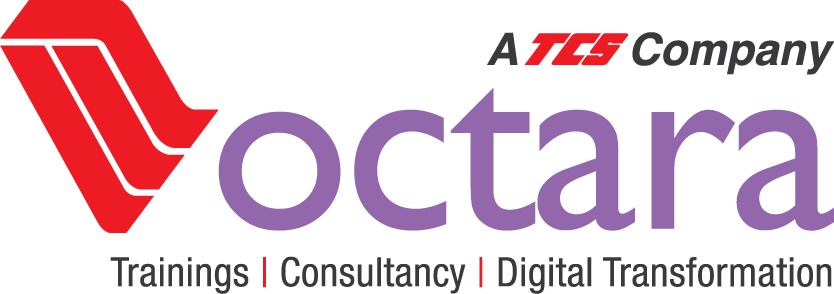It is estimated that within a short couple of years, a large portion of the workforce (estimated to be some 50%) in developed economies will enjoy work mobility, including working remotely. This will apply mainly to knowledge workers like professionals and executives. The trend has been so widespread due to one recent virtual ‘device’ that enables every individual to work anywhere and anytime – the cloud.
Work clouds are able to identify any user regardless of device, location, time of day etc and grant access to files and information based on specific information sharing settings. Teams of in-house staff, remote workers and freelance professionals across the globe can work on specific projects until the task is completed. The team can then be dissolved, and a new team assembled to tackle a new task. These well defined projects or tasks are now also referred to as ‘gigs’.
The concept of a gig economy is not new, just the name itself is. Let’s say for example you don’t like cooking. In order not to starve to death you have two main options: you hire someone full time to cook for you, or you go to a restaurant where a professional will prepare some food for you.
Hiring you own chef may not make economical sense for most people. Contracting out the task of ‘cooking dinner’ to a professional, and only paying for that specific gig, may make more sense. On top of that, say the chef you hire is specialized in Italian food, but today you would like an Indian meal. Your chef may make a decent attempt to cook some Indian dishes for you, but it will likely never be as good as from an authentic Indian chef. In other words, contracting out specific projects to the most qualified gig provider is a preferred way to ensure optimal outcomes.
Same for ride hailing services – hire your own driver vs. paying only for a very specific trip (= gig). Or hiring a plumber to fix your tap, or bringing your clothes to a serviced laundry – you get my point. If you look at service-for hire gigs in your private life you will realize that this is actually a very common occurrence.
How the Gig Economy benefits Businesses
For many businesses, however, this principle is not common at all. Many companies still work mainly with full- and part-time employees, who often may not have the best skills needed for a specific project (like asking your resident Italian chef to cook Indian dishes). Full time employees also require regulatory contributions (insurance, retirement funds etc), physical working space, paid leave and other expensive resources.
Forward looking businesses have undergone, or are at least in the process of, transforming the way they work. Digital transformation of businesses thru tools as simple as cloud computing allow progressive companies to make the gig economy an integral part of how specific projects are tackled. A plethora of research has shown that this transformation leads to higher productivity and substantial cost savings.
A 2014 survey by McKinsey of 37,000 global companies revealed that 36% of employers are unable to find the talent they need. Companies can close the gap by bringing in experts on a per-project basis.
Expert gig-providers may also be able to not only perform a certain task better than a full-time employee, they may also bring fresh ideas into the company based on their expertise and broader outsider views. Both technologies and customer demands are constantly evolving, and highly specialized gig providers might be better able to identify trends and offer thought-leadership strategies.
Knowledge Workers in the Gig Economy
A fast growing sub-population of gig providers are now made up of highly skilled knowledge workers who get engaged and paid as subject matter experts for a particular product or service. Since most knowledge work can be carried out virtually these gig providers can be engaged purely via digital channels. Since all happens cloud based (= online) the gig providers are location independent, and since they are getting paid on per-project basis it doesn’t matter if they work in pajamas from their bedroom halfway across the globe, or from a cafe at the beach. The main limiting factor is not location but reliable internet access, hence the term ‘digital nomads’.
Technology has enabled, and will continue to do so, the way work gets done. Companies that can transform from the rigid employer – employee structure to a on-demand and gig-driven setup will enjoy increased productivity at lower operating costs. In a gig economy, gig workers let businesses get more done in less time and with more efficient spending. These work trends are undeniable, will continue to become prevalent in overall society, and will become more extreme in terms of gigs offered and gigs required.


5 Ways To Improve Your Social Media Game
Source : https://aurora.dawn.com/news/1143482/5-ways-to-up-your-social-media-game International speaker Dr Frank Peter's tips on how to use social media…

Who’s Really the Boss?
Is the management world facing a problem? Productivity is flat and companies simply aren’t getting…
